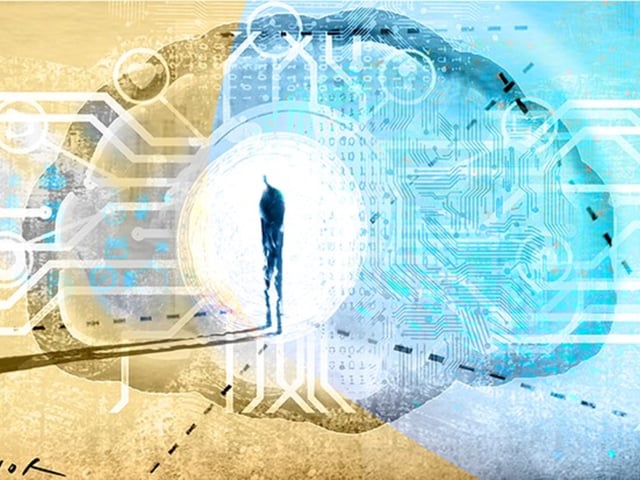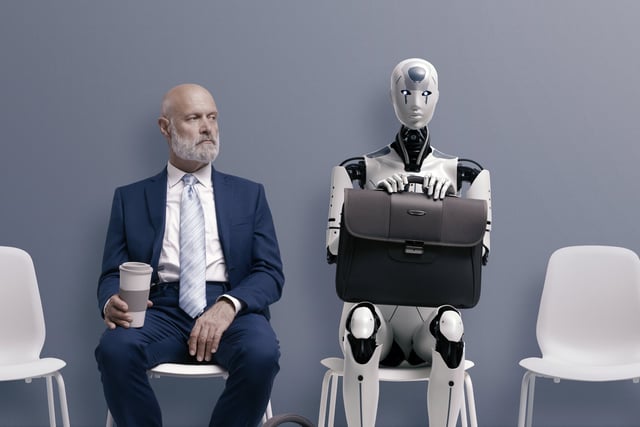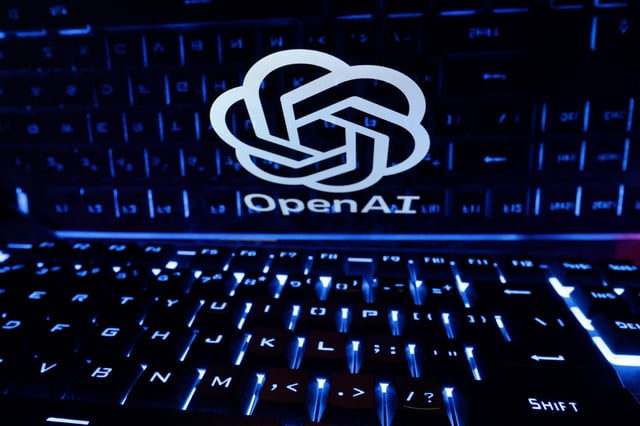Overview
- New analysis from Harvard Business Review and Mental Health Europe confirms that generative AI has become the leading tool for emotional support, though its clinical benefits remain unproven.
- A study by PageGroup and WeWork finds that 61% of employees integrate AI on their own initiative, and research from Arizona and Monterrey reveals that disclosing AI use significantly undermines professional trust.
- IBM has announced plans to replace 200 HR employees with chatbots and aims to automate up to 8,000 routine positions, illustrating the technology’s potential for widespread job displacement.
- Industry leaders and the World Economic Forum identify new AI-centric careers—such as prompt engineers, AI ethics officers and AI literacy educators—emerging alongside automation.
- OpenAI’s research prototype recently solved five of six International Math Olympiad problems under exam conditions, highlighting AI’s accelerating performance and intensifying calls for human moral oversight.



